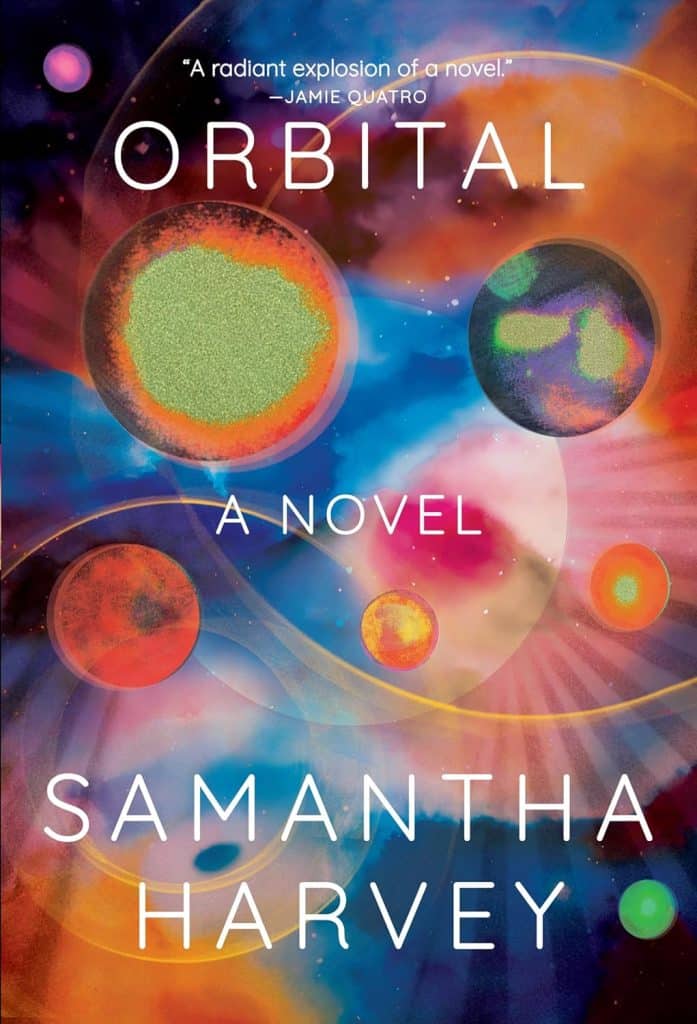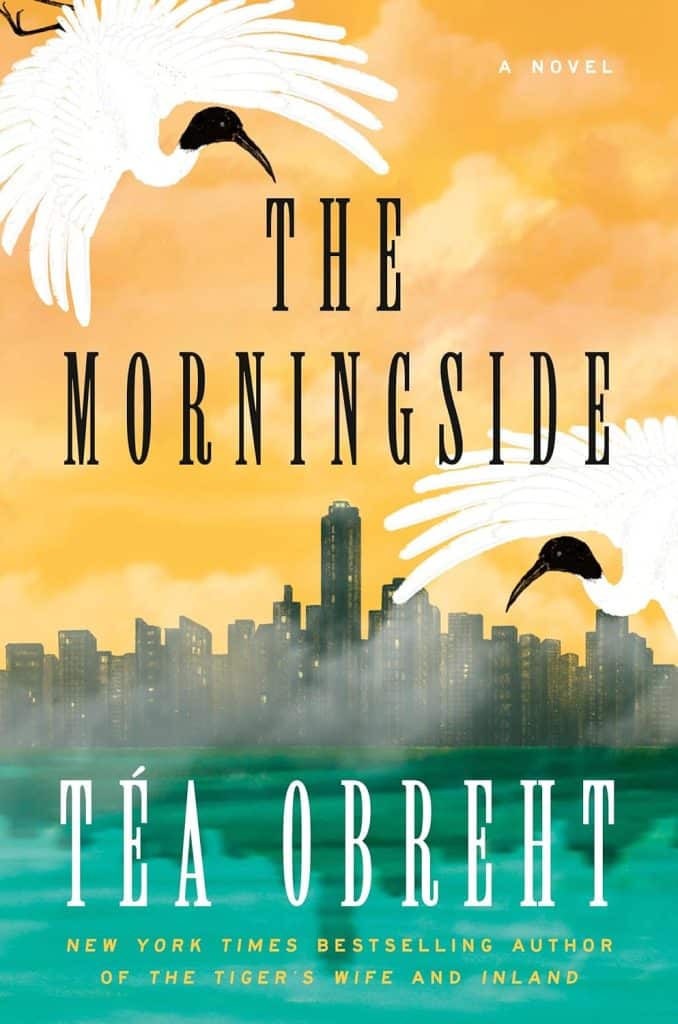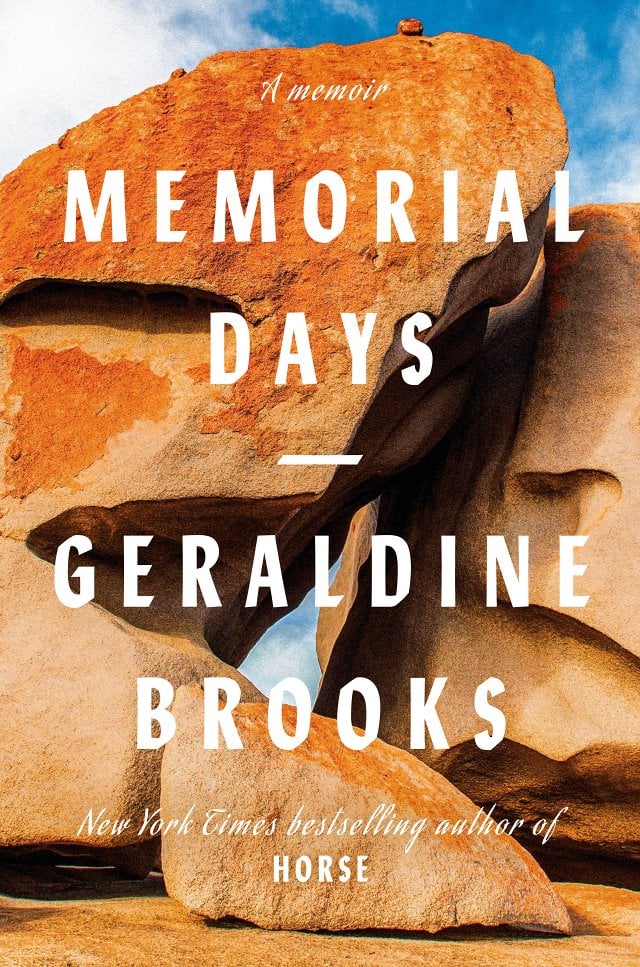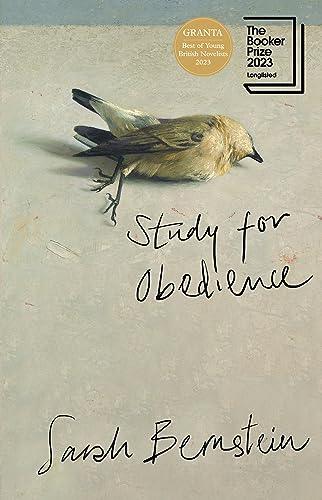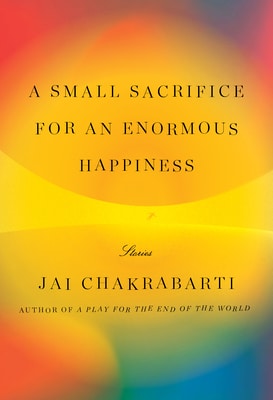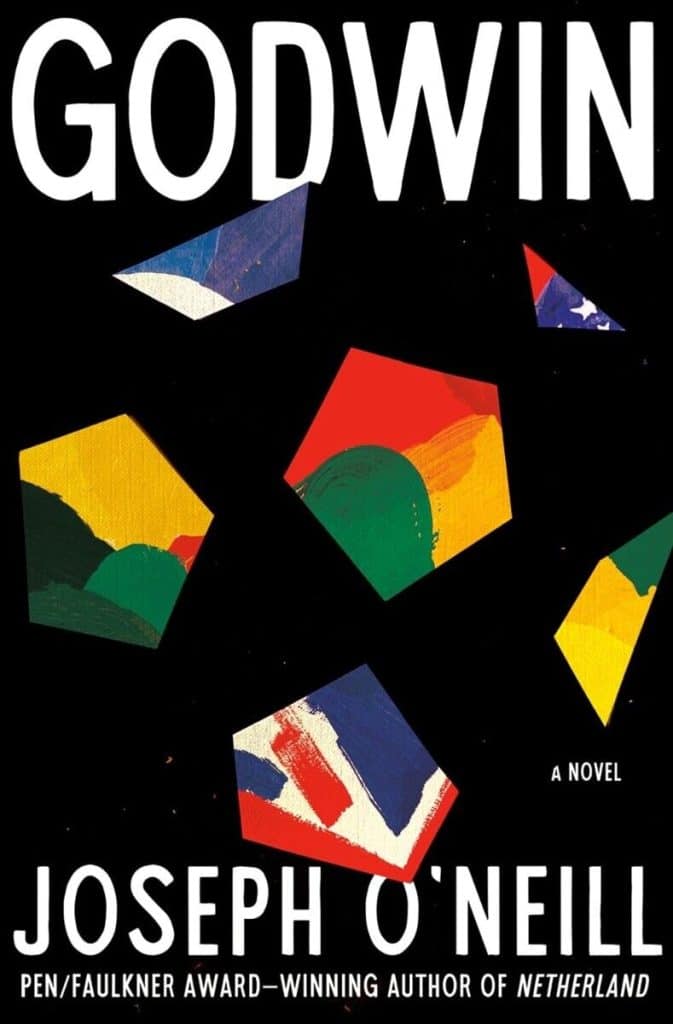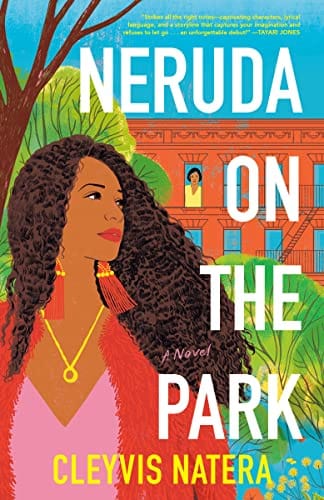
Neruda on the Park: A Novel
Estimated reading time: 1 minute, 15 secondsNeruda on the Park is a novel by Cleyvis Natera that beautifully depicts the complexities of family, friendship, and ambition. The story highlights the community’s efforts to protect their neighborhood amidst the gentrification and the tension between a mother and her daughter.
The Guerreros have lived in Nothar Park, a Dominican neighborhood in New York City, for twenty years. When a neighboring tenement faces demolition, Eusebia, an elder of the community, takes matters into her own hands and devises a series of increasingly dangerous schemes to halt the construction of luxury condos. Meanwhile, Eusebia’s daughter, Luz, a rising associate at a Manhattan law firm, becomes distracted by a passionate romance with the handsome white developer working on the project her mother opposes.
As Luz’s father, Vladimir, designs their retirement home in the Dominican Republic, mother and daughter clash, escalating tensions in Nothar Park and leading to a near-fatal climax. Overall, Neruda on the Park is a captivating story that weaves a rich, vivid tapestry of community and sacrifice to protect what matters most.
The Jan Lilien Education Fund sponsors ongoing sustainability and environmental awareness programs. Gifts made this month; I will match dollar-for-dollar. All donations are tax-deductible.
I receive a commission when you buy a book or product using a link on this page. Thank you for supporting Sharing Jan’s Love blog.


